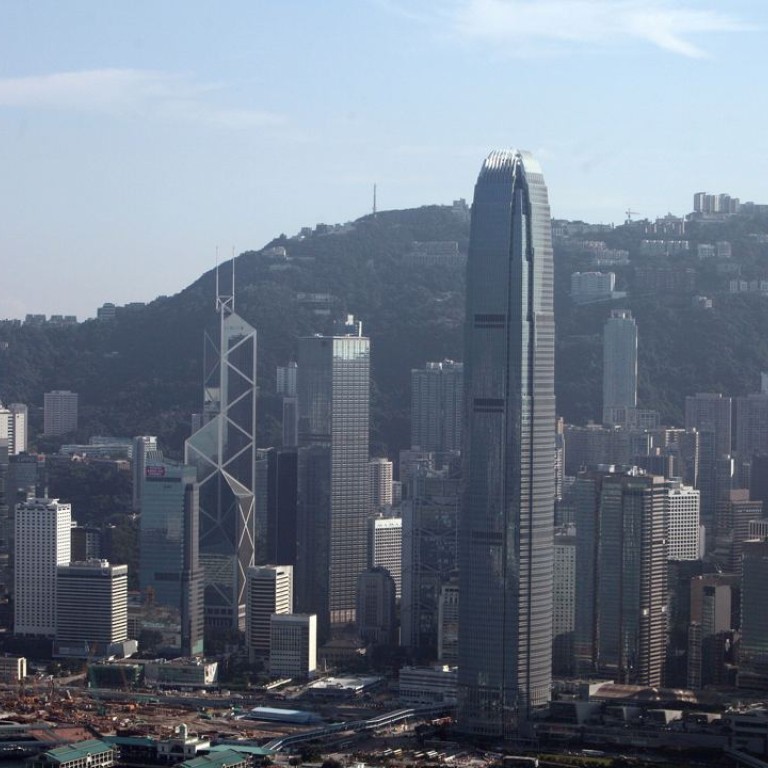
How can oil-centric Singapore really be ready for the future?
On the eve of his departure to the climate change summit in Paris last year, Singapore’s foreign minister told the press, “What we have in Singapore is a well-designed future-ready city built on sound economic principles. And we can actually show the world how you can save money, make a living and save the world at the same time.”
The truth, as one would guess, is a little bit less effulgent.
To see this, we need to start with the current situation that’s roiling the global economy. Economic and political factors have conspired to hobble the price of oil and the outlook for a rebound in oil prices in the near-term doesn’t look bright. The problem is compounded by China’s economic slowdown which has reduced the demand for oil.
At the same time, the capacity for renewable power has grown so much that the price of wind and solar power is now on par or cheaper than grid electricity in many areas of the world. In fact, wind-power technology has allowed countries like Denmark to produce enough electricity to meet its domestic demand. “It shows that a world powered 100 per cent by renewable energy is no fantasy,” said Oliver Joy, of the European Wind Energy Association.
Where is Singapore headed in a post-oil future? Our oil exports as a percentage of gross domestic product have been expanding over the decades – its projected percentage-point increase from 1993-2018 is 16.5; only Libya is higher.
The oil industry is a key component of Singapore’s economy, responsible for one-third of our manufacturing output and 5 per cent of GDP. To further boost our status as an oil hub, we dug the Jurong Rock Caverns in 2007 to store and process oil. The caverns are as tall as a nine-storey building and have the capacity of 580 Olympic-sized pools.
This push to become an even bigger player in the oil and gas market comes in the face of the oil glut, the upsurge in clean energy technology, and the growing concerns of climate change. The case for Singapore to divest itself from an oil-centric economy is persuasive and valid.
Unfortunately, with ministerial pronouncements like we are a “future-ready city” despite our dependence on the oil industry, one wonders if the PAP government even sees the problem.
Chee Soon Juan, secretary-general of the Singapore Democratic Party

